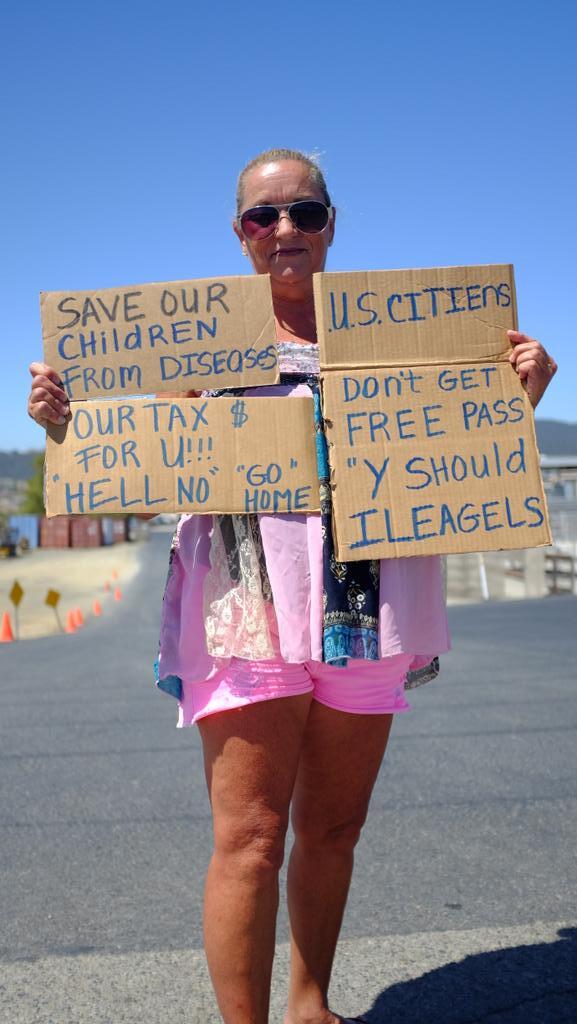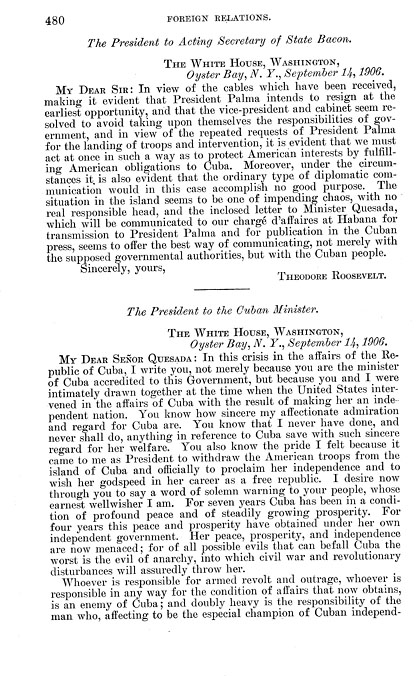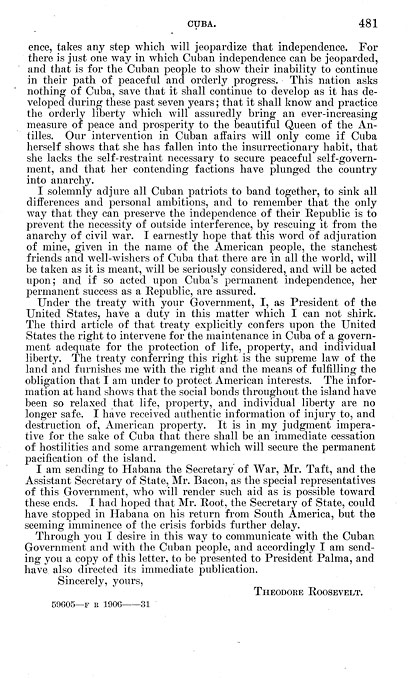Addressing Grade Inflation
UNC Chapel Hill has come up with a new way to address grade inflation. From now on, transcripts will provide additional context:
Next to a student’s grade, the record will include the median grade of classmates, the percentile range and the number of students in the class section. Another new measure, alongside the grade point average, is the schedule point average. A snapshot average grade for a student’s mix of courses, the SPA is akin to a sports team’s strength of schedule.
The nuanced transcripts will provide more information for graduate schools and employers, who should be better able to judge the difference between good and excellent performance. An A- in psychology might not look so swell when the average grade in the class is an A. On the other hand, an A- in physics looks downright impressive if the class average is a C+.
My first reaction is that this will look so complicated that employers will continue to look directly at the bottom line, namely overall GPA, to the extent that they scrutinize the transcript at all. It may well be valuable to Ph.D. programs trying to decide who they will admit. Those are, however, a very small minority of all undergraduates.
Plus, it may well have a negative impact, as students will swap stories about what classes have the highest average grades, which of course immediately are more desirable if you want to pad your GPA.
Indiana University used to do it, but stopped because of a software change. Dartmouth College and Cornell University include median grades on transcripts. Cornell used to publish the information online, but quit in 2011 after a study revealed that enrollment spiked in classes with a median grade of A.
What's striking here is that the universities mentioned in the article seem to have abandoned the idea of asking professors why they are grading so high in the first place. There are vague references to students demanding more, but why not say no? I might be missing something because I rarely have the experience of students believing they deserve a good grade on everything. Yes, I get plenty of "well, I NEED a B in this class," though this is usually born of desperation rather than narcissism. But this story is aimed at elite universities which seem to have a student body that feels more entitled. Read more...













